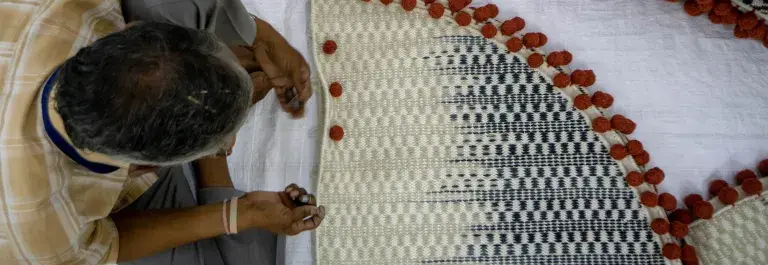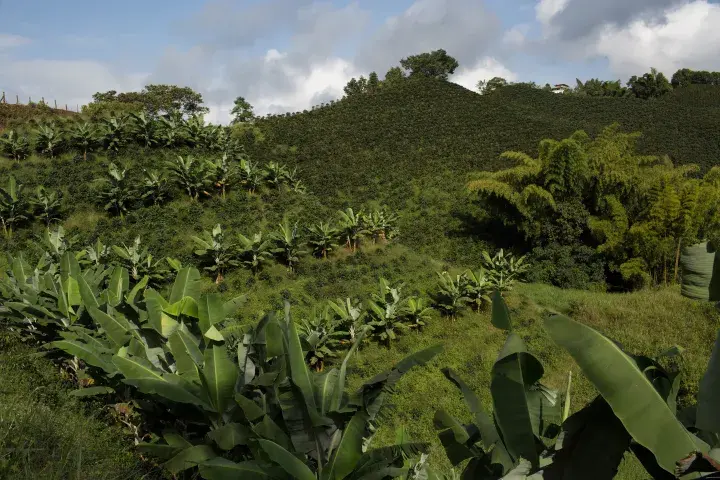Sustainability standards: shaping business to deliver on the SDGs
Climate change, deforestation and forced labour are among many increasingly pressing issues that need more investment, innovation and collaboration. The Sustainable Development Goals (SDGs) provide a roadmap for the international community to act together. However, we need to choose the right strategies and tools to turn these commitments into results.
The SDGs are helping countries to develop and align strategies in key areas like forests and land use, climate change and economic inequality. They also emphasise the role of businesses in tackling these challenges.
Despite these efforts, a recent report shows that progress to date has been insufficient to meet the SDG targets. In practice, a common agenda does not guarantee results. The right tools are necessary to deliver long-lasting impact on the ground and produce reliable data to measure and monitor change.
Sustainability standards understood this early on. Self-evaluation and innovation across approaches and sectors now leaves contemporary schemes very different from the certification schemes we used to know.
Working in partnership for effective innovation
A growing body of evidence illustrates how voluntary sustainability standards are individually delivering impact. However, standards organisations recognise the importance of collaboration to tackle industry-wide challenges to deliver bigger and more sustainable results. The ISEAL innovations hub hosts a range of tools and approaches developed through joint projects across ISEAL members.
The Integrated Pest Management (IPM) coalition is just one example. It joins the efforts of nine ISEAL members to reduce the use of highly hazardous pesticides and promote alternative pest management practices in agriculture, golf and forestry. The coalition has just launched a mobile app that provides free and impartial information on pesticides in Spanish, English and French.
ISEAL members are also actively collaborating with other types of actors to leverage their knowledge and experience. For example, working with WWF to define what credible assurance for landscape approaches looks like, and with indigenous peoples to develop an effective tool for the verification of Free, Prior and Informed Consent.
Sharing data for the greater good
Certification and verification produce a vast amount of data, which is critical to measuring progress towards the SDGs. The ISEAL Innovations Fund co-finances projects that increase the capacity of ISEAL members to become better data managers, in order to make the most effective use of the data that they produce.
Through support from the fund, ISEAL members have come together to explore the potential value of new technology, such as blockchain. Others looked to increase interoperability between systems by creating a common way to collect and code data. For example, developing a data standard for a common set of metrics used in the coffee sector.
ISEAL members have also learnt together how to use geospatial data, and have begun to develop a strategy to create a Certification Atlas. This atlas will give stakeholders a map of all certified sites around the world, from mining to agriculture.
Standards for the future
Today we see sustainability standards embracing innovation and making radical changes to their systems. It comes as no surprise that the trend is towards standards that are more data-oriented, more outcomes-oriented, and more focused on supporting continuous improvement at scale.
Change is never easy, but it is how sustainability standards can best contribute towards the SDGs – by becoming the most effective tool to support businesses and governments in delivering on their ambitious sustainability commitments.
Visit the ISEAL innovations hub to learn more about the tools and approaches developed by ISEAL members.


